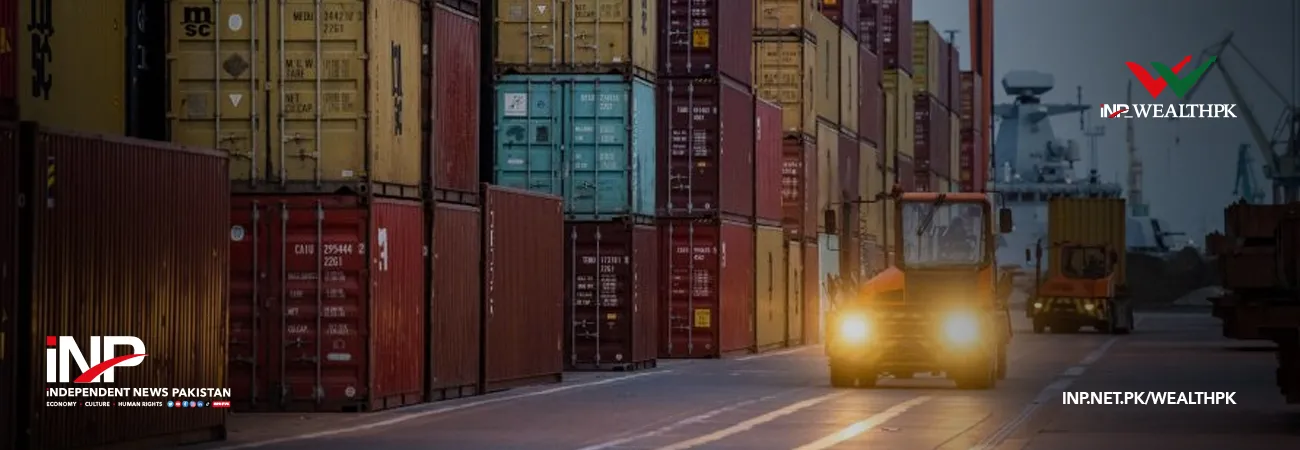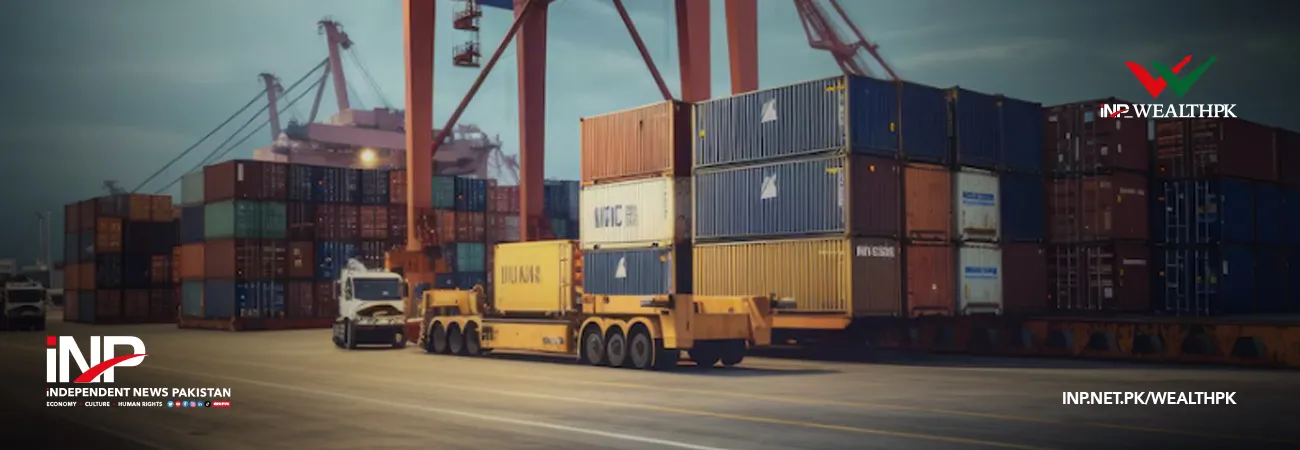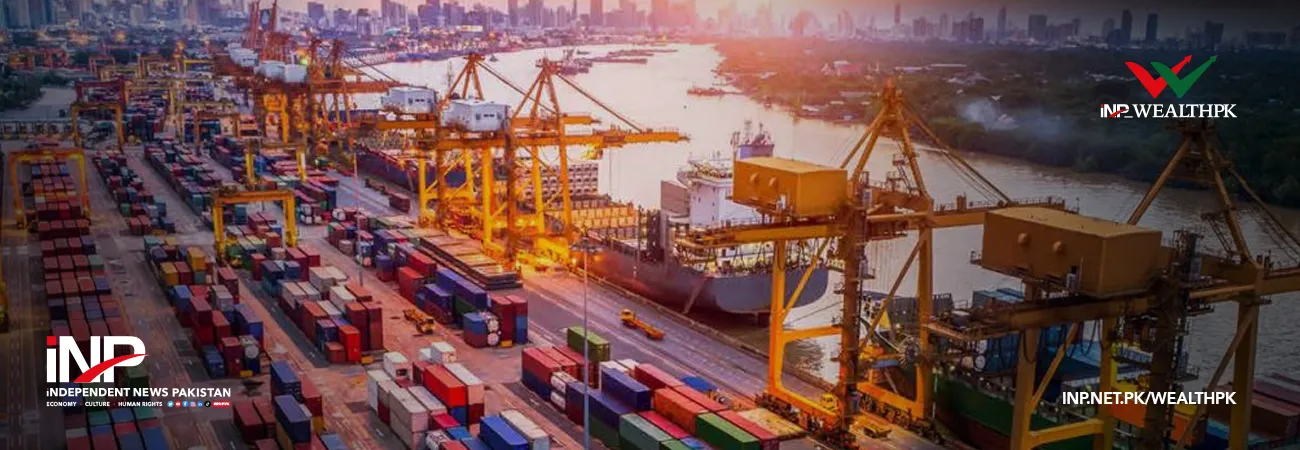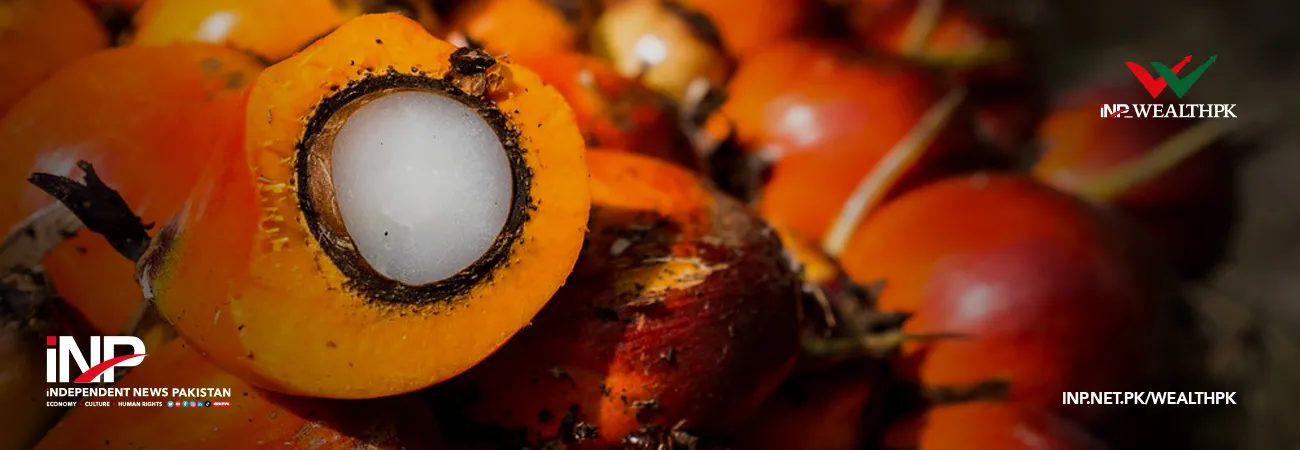INP-WealthPk
Muneeb ur Rehman
The export targets are at high risk due to shortages in gas supply to the industries. To meet these targets, it is necessary to ensure an uninterrupted supply of gas to the industries. Iftikhar Ahmed Vohra, Chairman of Pakistan Chemicals and Dyes Merchants Association, said this while talking to WealthPK. He said the export target set by the government for the current year was USD30 billion but it was highly unlikely to achieve the target due to the gas shortages being faced by the potential industries. “The industries’ constrained access to natural gas has had a detrimental impact on various industries, including textiles, steel, glass, and ceramics. These sectors heavily rely on the uninterrupted supply of natural gas to sustain their production capacities, facilitate punctual deliveries, and effectively manage the production expenses. “In FY2022-23, Pakistan witnessed a reduction of approximately 5% in the natural gas production. Presently, around 25% of the natural gas demand is being met through the import of LNG,” he added.
Amidst the financial crunch facing Pakistan, Iftikhar apprehended possible suspension of subsidies to LNG-intensive sectors, such as fertilizer production. The government allocated a subsidy of around Rs150 billion in the previous fiscal year exclusively for the fertilizer sector. In order to ensure an uninterrupted supply of gas to the export-oriented industries, he advised the government to reduce the distribution losses. “The Sui Southern Gas Company (SSGC) has reported distribution losses of approximately 18.28%, whereas the Sui Northern Gas Pipeline Ltd (SNGPL) has documented the losses at 12.32%. These figures notably exceed the generally acknowledged losses of 2-3%, ” he added. To address the growing gas shortages and discourage circular debt, Iftikhar advised the government to eliminate gas subsidies and encourage the private sector’s participation in the LNG trade. so that a sustainable and competitive environment for the LNG industry would be achieved by attracting private investments.
Credit: INP-WealthPk













